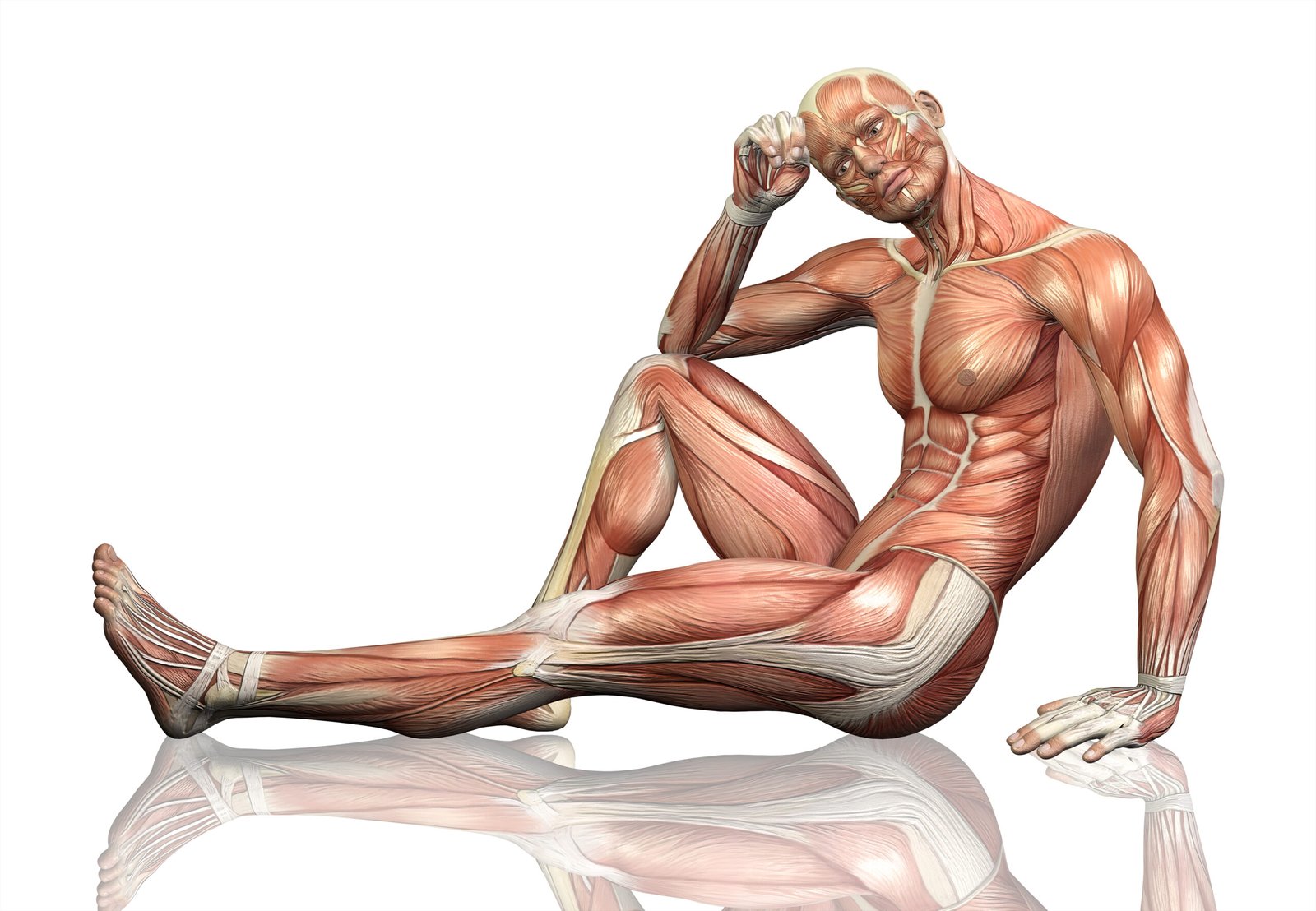Muscles, the body’s powerhouses, are essential for movement, stability and overall health. However, various diseases can affect our muscles, impacting their function and our quality of life. This blog post will explore into some of these muscle-related diseases, their symptoms and potential treatments.
Introduction to Muscle Diseases:
Muscle diseases, also known as myopathies, are conditions that affect the muscles. They can be inherited, such as muscular dystrophy or acquired, like polymyositis. These diseases can cause weakness, pain and in severe cases, mobility issues.
Common Muscle Diseases:
Muscular Dystrophy: Muscular dystrophy is a group of inherited diseases characterized by progressive muscle weakness and loss of muscle mass. Symptoms often begin in childhood and may include difficulty walking, frequent falls and trouble getting up from a lying or sitting position.
Myasthenia Gravis: Myasthenia gravis is an autoimmune disease that causes weakness in the skeletal muscles, which are responsible for breathing and moving parts of the body. Symptoms include weakness in the arm and leg muscles, double vision, drooping eyelids and difficulties with speech, chewing, swallowing and breathing.
Polymyositis: Polymyositis is an inflammatory disease that causes muscle weakness on both sides of the body. It can affect anyone at any age but is most common in adults in their 30s to 50s. Symptoms include muscle weakness, difficulty swallowing and shortness of breath.
Fibromyalgia: Fibromyalgia is a disorder characterized by widespread musculoskeletal pain accompanied by fatigue, sleep, memory and mood issues. While it does not cause muscle inflammation or damage, it can lead to significant muscle pain and tenderness.

Treatment and Management:
While there is currently no cure for most muscle diseases, treatments can help manage symptoms and improve quality of life. Treatments may include physical therapy, medication, lifestyle changes and in some cases, surgery.
What are the risk factors for developing muscle diseases?
The risk factors for developing muscle diseases can vary depending on the specific type of muscle disease. However, some common risk factors include:
- Age: The risk of developing certain muscle diseases can increase with age.
- Occupation: Certain occupations that involve repetitive movements or heavy lifting can increase the risk of musculoskeletal disorders.
- Activity Level: Both a sedentary lifestyle and overexertion can contribute to the risk of developing muscle diseases.
- Lifestyle: Poor nutrition and chronic diseases can also increase the risk of developing muscle diseases.
- Family History: Many muscle diseases, such as muscular dystrophy, are genetic and can be inherited.
- It’s important to note that having one or more risk factors does not necessarily mean you will develop a muscle disease. If you have concerns about your risk, it’s best to consult with a healthcare professional.
What are some preventive measures for muscle diseases?
Preventing muscle diseases involves a combination of lifestyle modifications and proactive health practices. Here are some preventive measures:
Regular Exercise: Engage in regular physical activity to keep your muscles strong and flexible.
- Healthy Diet: Maintain a balanced diet rich in proteins, vitamins, and minerals to support muscle health.
- Hydration: Stay well-hydrated to ensure proper muscle function.
- Warm-Up and Stretch: Always warm up and stretch before starting activities that are repetitive, static or prolonged.
- Frequent Breaks: Take frequent breaks from any sustained posture every 20-30 minutes and stretch stiff muscles.
- Respect Pain: Change positions or stop whenever activities cause pain.
- Early Treatment: Recognize early signs of the inflammatory process and treat early.
Remember, these measures can help reduce the risk of developing muscle diseases, but they cannot guarantee prevention. Always consult with a healthcare professional for personalized advice.
Conclusion: Understanding muscle diseases is the first step towards managing them effectively. If you or a loved one are experiencing muscle weakness, pain or other unusual symptoms, it’s important to seek medical advice. Early diagnosis and treatment can help manage the symptoms and improve the quality of life.


